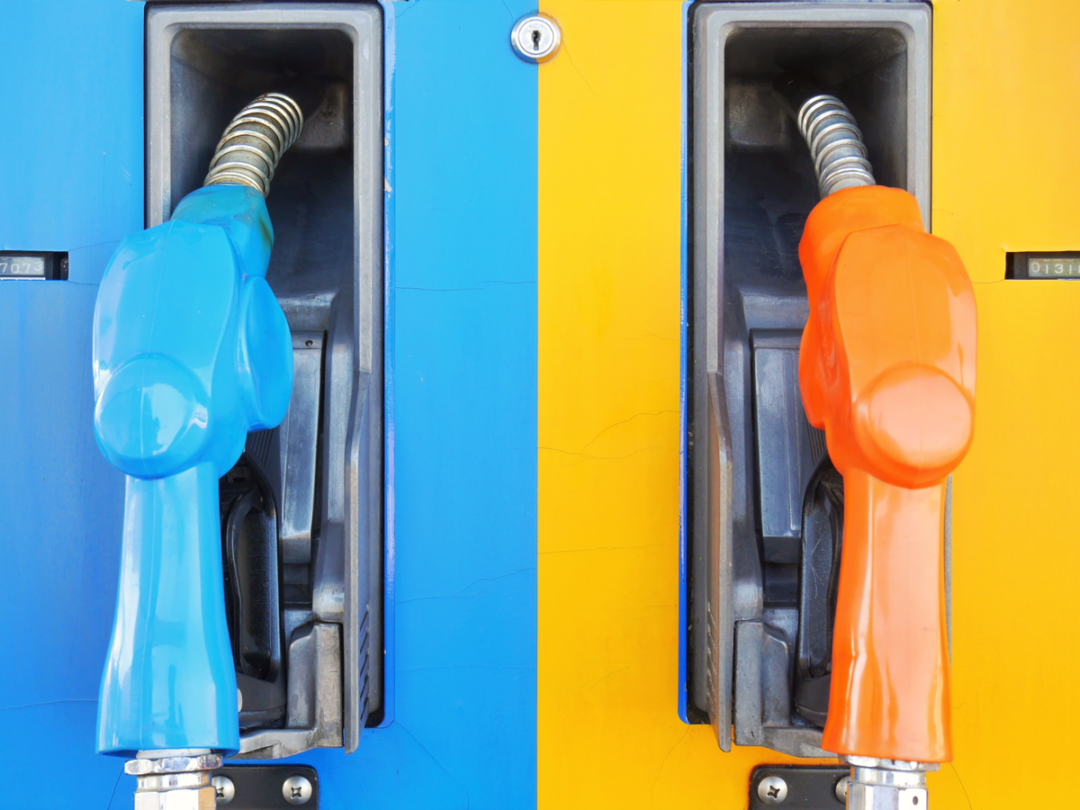
Home » Trump’s Venezuela Sanctions Are Crippling Colombia’s Fuel-Smuggling Market
Trump’s Venezuela Sanctions Are Crippling Colombia’s Fuel-Smuggling Market

June 12, 2019
Colombians in border towns next to Venezuela are queuing to do something many of them haven’t done for decades: visit a gas station.
As sanctions against Venezuela, including bans on the import of fuel and refined goods from the U.S. begin to bite, Colombians living near the border have been abruptly cut off from one of the longest-running, most-lucrative contraband trades in the world. For at least 25 years, fuel peddlers have trafficked Venezuela’s virtually free gasoline across the porous frontier to consumers willing to pay much more yet still well below the standard price in Colombia.
In some areas, the last legal gas stations on the Colombian side closed years ago thanks to the profusion of contraband gasoline and the local economy is now feeling the pain. Of course Venezuelans have been suffering from erratic fuel supply for years on the border and shortages have worsened greatly in the past weeks with refineries halted or operating at low capacity. Lines stretch for as many as 12 hours in Western Venezuela to fill a tank with subsidized fuel while others pay dollars in cash to get a place in line or to fill up in clandestine locations.
“We’re going to have to get used to paying Colombian prices,” Wilfred Cardenas, a 38-year-old shop owner, said while queuing to buy legal fuel in the Colombian border city of Cucuta.
The sanctions enacted by Donald Trump’s administration are aimed at pressuring Venezuelan President Nicolas Maduro to step aside amid the deepest economic slump in modern history, which has brought hunger to millions and ruin to the nation’s oil industry. As many as 4 million Venezuelans have fled the crisis sapping the services and testing the economies of neighboring nations. Colombians are now feeling the sanctions too.
The economic shock from the sudden withdrawal of cheap fuel will have a “very important” effect on inflation, as higher transport costs hit local businesses, said Adolfo Meisel, an economic historian who used to sit on the central bank’s policy committee.
“Consumption of gasoline was practically 100-percent Venezuelan,” in some parts of the border, Meisel said. “In terms of employment, there will also be a great impact.”
Smuggling Route
The highway between Cucuta and the Colombian border town of Puerto Santander — a traditional fuel-smuggling corridor — is increasingly deserted, and the stacks of plastic tanks of smuggled fuel by the roadside, a common sight just weeks ago, have mostly disappeared.
Those that remain are down to their last stocks, and prices have nearly tripled to about $5 per gallon. There isn’t a single legal place to buy fuel on the entire 90-minute route.
In Puerto Santander, where illegal armed groups have controlled the smuggling trade for decades, local businesses are suffering due to the lack of fuel. Local storekeepers who used to sell food staples difficult to obtain in Venezuela, say trade has collapsed as its harder for Venezuelans to get across to shop.
Cucuta, the biggest city on the border, has the highest rate of labor informality in Colombia, at 71 percent. The city of 700,000 was first hit by when Venezuela shut its doors to Colombian exports a decade ago, then became ground zero for the migration crisis.
World’s Cheapest
Gasoline in Venezuela, which has the world’s largest proven oil reserves, is by far the world’s cheapest — you could buy all the fuel in a 10,000-gallon tanker truck for a fraction of one U.S. cent. But state oil company Petroleos de Venezuela SA, has struggled to maintain its refineries, logistics are in disarray, sanctions are making it harder and more expensive to import fuel and what supplies are left are being sent first to the capital Caracas.
Venezuelan authorities have said in recent years that contraband gasoline trading was as high as 50,000 barrels a day.
On May 31, gas stations in Cucuta sold gas at 7,200 Colombian pesos ($2.20) per gallon. On the black market, it was 11,000 pesos. Black market fuel used to be much cheaper, but now mainly consists of Colombian fuel being re-sold for the benefit of people who don’t feel like queuing.
Not everyone is losing out. Sylvia Escovar, Chief Executive Officer of Terpel SA, Colombia’s biggest chain of gas stations, said in written comments that the developments are an opportunity for her company.
“We’re seeing a beautiful market opportunity right now to mark the difference with contraband,” she said.
RELATED CONTENT
RELATED VIDEOS
Subscribe to our Daily Newsletter!
Timely, incisive articles delivered directly to your inbox.
Popular Stories

2024 Supply Chain Management Resource Guide: There's Only One Way Off a Burning Platform
VIEW THE LATEST ISSUECase Studies
-
Recycled Tagging Fasteners: Small Changes Make a Big Impact
-

Enhancing High-Value Electronics Shipment Security with Tive's Real-Time Tracking
-

Moving Robots Site-to-Site
-
JLL Finds Perfect Warehouse Location, Leading to $15M Grant for Startup
-
Robots Speed Fulfillment to Help Apparel Company Scale for Growth



